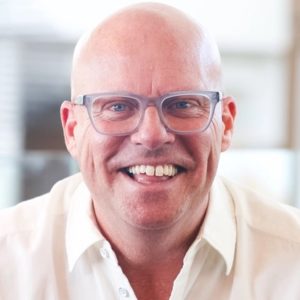Steve is CEO of Studio Science, a design and innovation consultancy based in Indianapolis. Steve works with established market leaders, enterprise software companies, and assertive venture-backed startups to deliver transformative brands, products, and services. He has a proven track record of scaling technology and SaaS businesses focused on the global enterprise.
BKB: Would you mind talking about the 20-year history of Studio Science a bit?
SP: Sure, Studio Science is a design and innovation agency based in Indianapolis that has grown up with the rise of the internet. Our bread and butter has been working with early stage software companies, partnering to design and build their products, their go-to-market strategy, and their brand. Now, we are growing along with our clients. This model has served us well, put us at the forefront of the industry, and in relationship with a lot of great, successful companies in Indy.
In the last couple of years since I joined Studio Science, we’ve broadened our vision a bit and taken our history and knowledge to go to larger enterprise companies, not necessarily just the smaller startups within the tech and software spaces. We partner with mature organizations Fortune 1000 and up, which are obviously very different than the early stage companies we used to work more with. These enterprise firms face some unique challenges: more politics and bureaucracy, red tape, regulatory hurdles, publicly traded companies dealing with shareholders, international operations, etc. There is one similar challenge between our small and large partners however, and that is that each company we work with has to change and adapt way more rapidly than they did in the past. That challenge is consistent across the board – no matter with whom we work.
For example, a large, market-leading manufacturer is now facing disruption from upstart overseas innovation. They have to operate at the speed of a startup to keep up with those changes in the industry. Studio Science helps them figure out these changes to be nimble and to take a large amount of capital and use it more efficiently. A lot of design thinking elements come into play throughout this process.
BKB: How has your mindset as a leader had to shift throughout this big transition?
SP: We’re a design agency, a group of really creative people focused on our craft, and because of it, we have to shift to being much more business-centered – more grounded in understanding of what our clients do every single day. Let’s look at website design work, for example. Most companies spend a lot of time honing their web presence. It used to be relatively simple – create a nice marketing site that represents your brand and a nice content management system that helps you stand out. This approach is gone. Now your web presence is part of your digital strategy, which includes understanding the buyer’s journey. A website needs to be much more than a digital brochure – it’s a place that influences real commerce. You can spend millions of dollars to redesign a site, so it must produce results.
BKB: How do you lead your team to embrace this mindset shift from the “old way of doing things”?
SP: Simple. By practicing what we preach…
- I’ve opened up the Pandora’s box of deep information about the economics of our business at Studio Science. All employees, from a design intern to a controller, need to understand revenue and net income and margin and gross margin. We use our own company as a tutorial.
- We’re also taking a close look at redefining our internal purpose after 20 years. What does this look like for the next twenty? We’re taking a disciplined look at our core values. Are they still valid? We’re in the middle of that process right now of reviewing our meaningful purpose and core values.
BKB: How have you dealt with the pressure of aligning your employees to this mindset shift?
SP: There are employees who will not want to make this shift, which is completely fine. They may get frustrated and look to other opportunities. We help them do that. My desire is to be open and transparent with our employees to work through this transition. We talk about the change openly. What are our customers telling us? What are you learning from those conversations? We partner with folks at the C-suite level and can get involved with things like M&A strategy. We learn from what these businesses are going through as well.
BKB: What was your experience like joining Studio Science a year ago during this transition from working with agile startups to high-growth and scaling companies?
SP: I’m not convinced that the business was consciously making this change when I joined. A shift was happening, but it was not as deliberate as it is now. We’ve been clear with our communication from the top-down to help everyone understand our direction and where we want to be as an organization.
BKB: What do you wish you had known about leadership earlier in your career?
SP: How important culture is, how hard it is to build, and how easy it is to destroy. Look at restaurants – they can have a wildly successful grand opening, but in such a word-of-mouth industry, a few bad reviews on Yelp or a bad newspaper review can take you down just like that.
As an entrepreneurial business leader, I’m always focused on how I’m going to sell more. And, you really must be deliberate in building the culture, how people are feeling about the work. It’s important when I’m looking to add someone to the team to get a quick sense for whether this person is intrinsically motivated to do good work for our clients. That they’ll wake up excited to do that work. If that’s so, they’ll probably do really well with us. I lead by example to keep the meaningful purpose in the forefront and motivate people about their work. Our culture is not something I delegate to HR or anyone else, even though it’s a shared responsibility. It’s what keeps me up at night.
This completes my “Lessons from Entrepreneurial Leaders” series.

